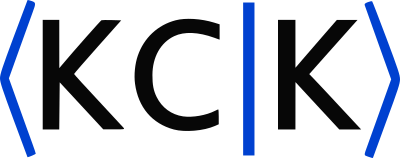Tu znajdziesz listę organizowanych w Polsce spotkań, seminariów i konferencji związanych z zagadnieniami informacji kwantowej
Speaker: Michał Oszmaniec (University of Warsaw)
Abstract
In quantum theory general measurements are described by so-called Positive Operator-Valued Measures (POVMs). In this work we show that in d-dimensional quantum systems an application of depolarizing noise with constant (independent of d) visibility parameter makes any POVM simulable by a randomized implementation of projective measurements that do not require any auxiliary systems to be realized. This result significantly limits the asymptotic advantage that POVMs can offer over projective measurements in various information-processing tasks, including state discrimination, shadow tomography or quantum metrology. We also apply our findings to questions originating from quantum foundations. First, we asymptotically improve the range of parameters for which Werner and isotropic states have local models for generalized measurements (by factors of d and log(d) respectively). Second, we give asymptotically tight (in terms of dimension) bounds on critical visibility for which all POVMs are jointly measurable. On the technical side we use recent advances in POVM simulation, the solution to the celebrated Kadison-Singer problem, and a method of approximate implementation of a class of „nearly rank one” POVMs by a convex combination of projective measurements, which we call dimension-deficient Naimark extension theorem. The talk will be based on upcoming joint work with Michał Kotowski (MIM UW)
